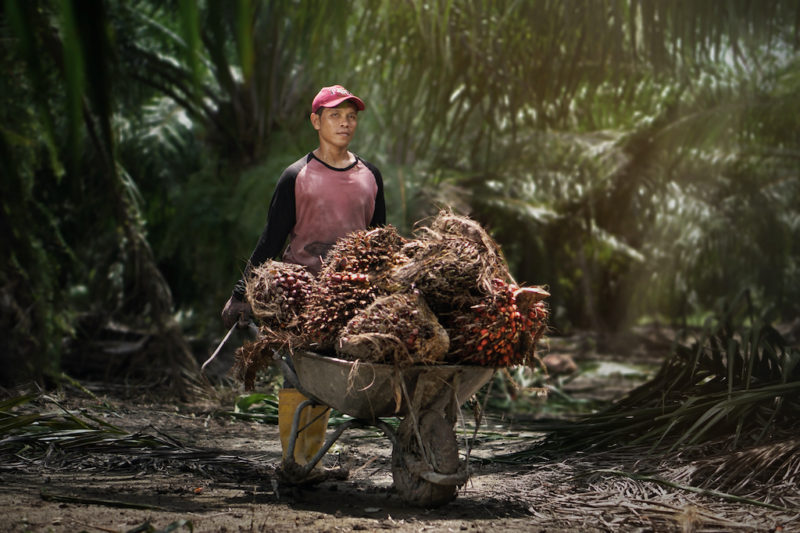Industry concerns have been raised over a freshly-struck agreement between the EU and the US over future trading arrangements, which observers have asserted could lead to America being offered exceptions from complying with EUDR environmental laws, reports Neill Barston.
As the Palm Oil Monitor non-governmental organisation noted, if America is to be permitted exemptions from data monitoring underpinning the entire basis of the much-anticipated deforestation laws following intense lobbying from its paper industry, then other trading partners including Malaysia and Indonesia – which have core interests in the supply of palm oils for the confectionery and snacks sector, should be allowed similar treatment.
The topic of the EUDR and its impact on core supply chains will be among topics addressed at our World Confectionery Conference taking place in Brussels on 11 September. You can book your place at this year’s must-attend event through the following direct link.
Moreover, as the palm oil industry organisation stated, unveiling the broader US-EU Trade Framework Agreement presents an immediate major hurdle for the EU Commission. In seemingly offering preferential treatment for America, this could, in its view, lead to challenges from the World Trade Organisation over equal trading between nationalities.
Under the EU deal with the US, imports will be taxed at a general rate of 15% – higher than the 10% agreed with the UK, with some European nations not within the European Union, including Switzerland being faced with even additional rates at over 30%.
This includes chocolate confectionery products, which has caused particular concern to the country – as well as producing nations including Ghana and Ivory Coast being negatively impacted. The two nations are now also facing 15% additional tariffs, affecting the region’s vital cocoa trade.
As Palm Oil Monitor noted, the US paper sector, shipping a reported $3.5 billion worth of forest products annually to the EU, has emerged as the most vocal opponent of EUDR requirements. It observed that the American Forest and Paper Association CEO Heidi Brock welcomed the trade framework, while conceding that “the EUDR remains a significant non-tariff trade barrier for U.S. producers.”
Significantly, as the palm oil group observed, the association had raised complaints on plot-level geolocation data for all wood-based products, regardless of origin.
AF&PA reportedly stated that “American manufacturers must comply with the same costly and complex geolocation tracking as producers in higher-risk regions,” despite the US not being considered a deforestation hotspot.
This is an argument that has recently been deployed by some EU states in relation to the EUDR. It is already facing being watered down notably with the regulations, which have faced a year-long delay in the wake of significant political lobbying, are coming under further pressure from major companies, including Mondelez International, which recently appealed to the EU for an additional year’s pause on the legislation.
It is presently due to be put into force from this December, after companies globally had already been given a two-year period to prepare for the landmark legislation that had originally been slated for the start of this year.
